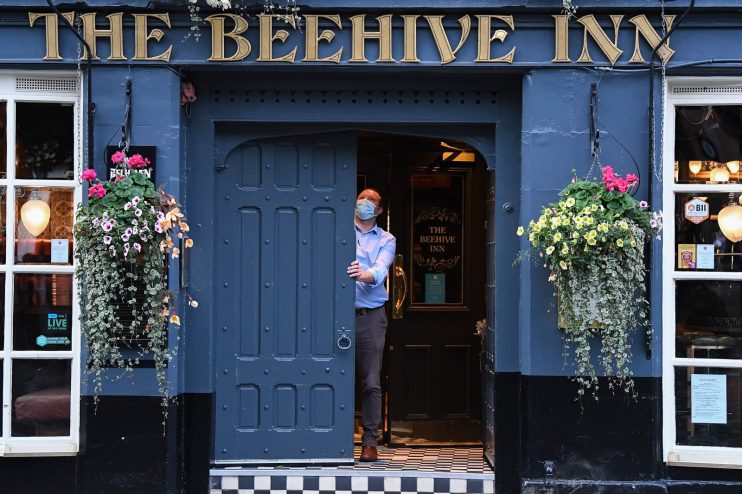Editorial: A growing talent time-bomb is putting London’s economic recovery in peril

London feels more normal than it has done for a long time. Soho is buzzing, Oxford Street has begun to see elements of a footfall revival, and at certain times in recent weeks it’s been possible to see young men of a certain age getting merrily tanked up before going to the football.
And not before time. London’s recovery is the country’s recovery; for all the ill-defined commitments to levelling up, it is abundantly obvious that the capital getting back up off the floor is the single most important indicator of the UK’s re-found economic health.
But underneath this veneer of normality is a coming talent time-bomb that could imperil the capital’s economic recovery – both in the short, and long-term.
Too many firms are struggling to find the people they need.
On the one hand, this is a temporary condition. Restrictive pandemic-era border practices have stopped people coming either back to the capital or arriving for the first time, ready to take up jobs in hospitality and service industries. The antipodean, American and European backpackers who normally fill a chunk of hospitality jobs have vanished. The students at London universities who would normally spend the capital in the summer never returned. They learned remotely, never took out a lease and as a result, won’t spend months waiting tables. After a year of the shutdowns, few ambitious young people from elsewhere in the country have been tempted by the abundant opportunities London ordinarily offers.
Restaurants are struggling for staff. Some high-profile chefs have closed their doors at lunchtime. Even after months and months of closures, some pubs are having to reduce capacity or even shut completely because they simply don’t have enough staff to keep the doors open, according to the British Beer and Pub Association.
There’s the added threat of self-isolation for many hospitality workers thanks to the vicious and seemingly indiscriminate ping of the NHS app, with the move away from simple proximity and towards testing still more than a month away.
The furlough scheme too continues to mutate the jobs market – leaving people who might be able to fill some of those roles with little incentive to take them.
Pandemic-era issues may soon, we hope, come to an end. The longer-term impacts of fortress Britain however are cause for concern.
Simply put, the capital is at risk of becoming either too difficult to get into or too expensive to live in if you can.
Recruitment boss Robert Walters is already warning of talent shortages in cyber-security and tech. That will get worse – across a raft of industries – unless two things are resolved.
The first is a real-world approach to immigration to the capital. Once borders are open – and the moment we can do without testing and quarantine, they should be – the capital must once again be a welcoming place to citizens from all over the world at all skill levels. “The best and the brightest” is a wonderful slogan but at the age of 22 it’s difficult to tell whether somebody coming here with a degree is going to work in a bar for a few months before going home or going to set up Britain’s next unicorn.
And once people are here, whether they’re immigrating to the capital from Riga or Runcorn, they must be able to put roots down. That means building houses, sharpish, on brownfield and the grim bits of the green belt too.
The last year has taught us that cities are economic ecosystems. Like their biological equivalents, if one bit falls down, the rest of it suffers. Low-skilled, high-skilled, central, suburban – we’re all in this together.
